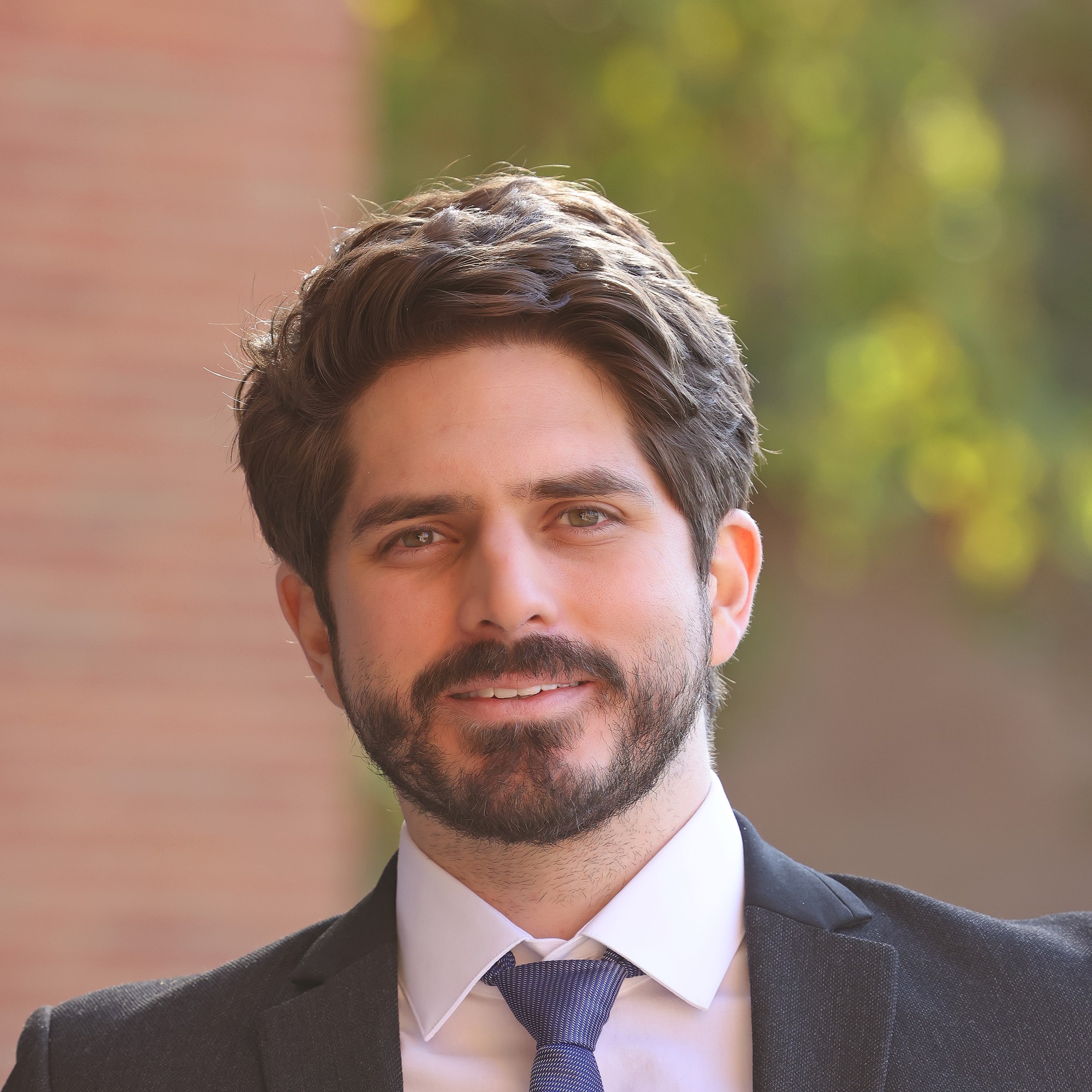
Esteban Muñoz-Sobrado
I am an Assistant Professor in the Department of Economics at Universitat Rovira i Virgili.My research lies at the intersection of public and behavioral economics. I am interested in how social preferences shape taxation policies and influence the decentralized provision of public goods. More broadly, I am interested in Contract Theory and its applications.
I obtained my Ph.D. in Economics from Toulouse School of Economics in 2024.